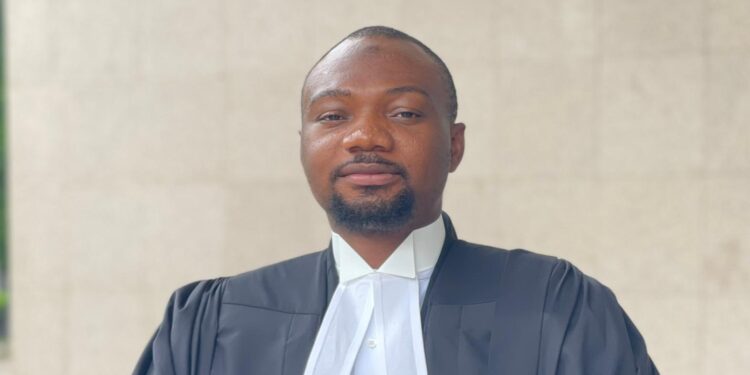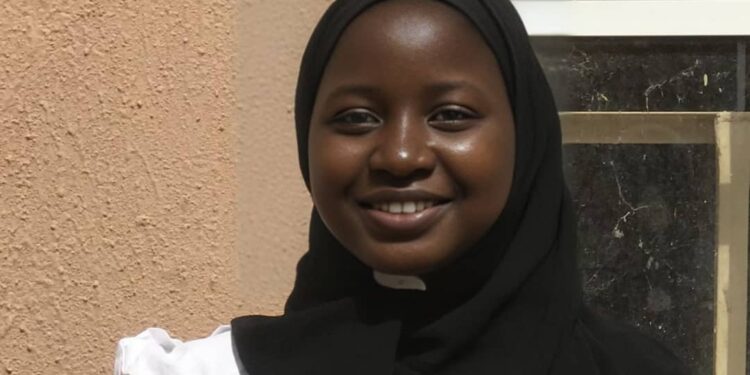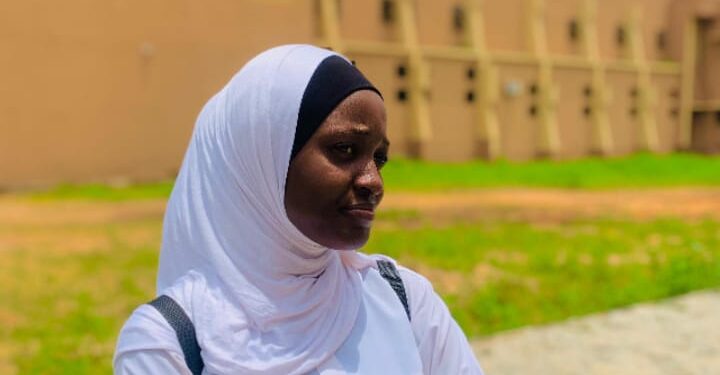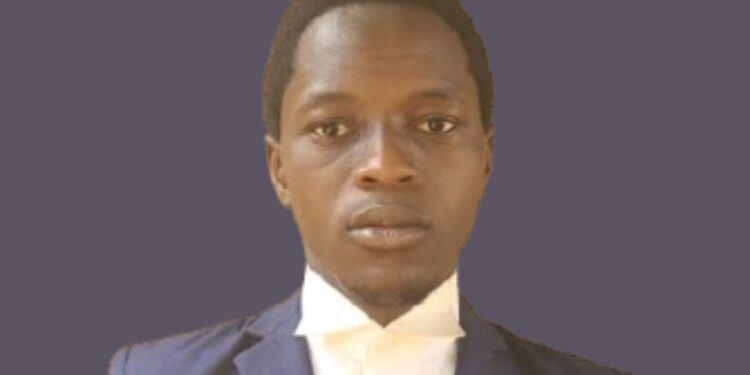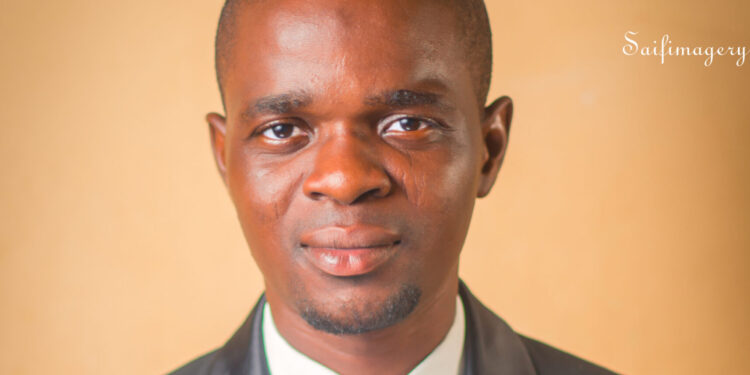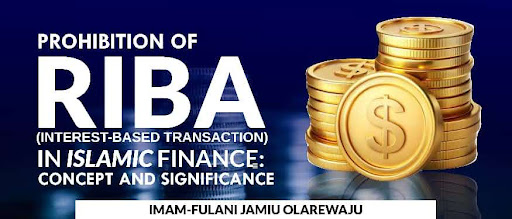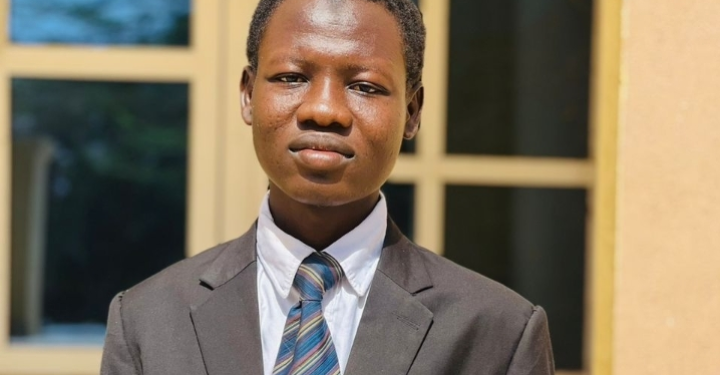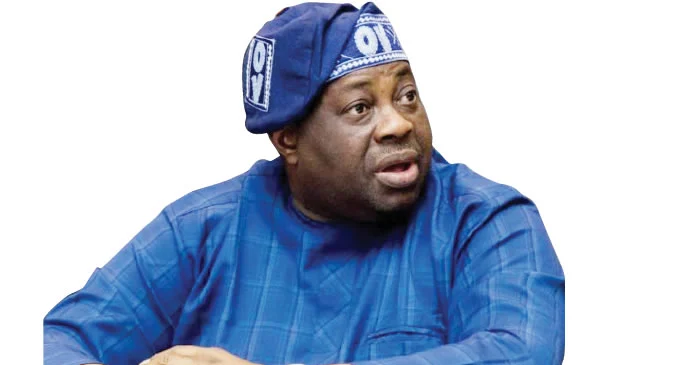By: Habeeb Olayinka Lawal
Introduction
The digital age has redefined how images are created, shared and consumed. From billboards to social media, photographs of people are used for commercial and artistic purposes. But when a person finds their image used without consent, especially for profit or whatever gain, one pressing question arises: Can they sue under the Nigerian Copyright Act?
Understanding Copyright and the Protection of Photographs
Black’s Law Dictionary (8th Edition) defines copyright as “the right to copy; specific property right in an original work or authorship (including literary, musical, dramatic, choreographic, pictorial, graphic sculptural and architectural works; motion pictures and other audiovisual works and sound recordings) fixed in any tangible medium of expression” giving the holder the exclusive right to reproduce” adopt distribute” perform and display the work.”
The Nigerian Copyright Act 2022, which governs intellectual property rights, protects certain classes of original works once they meet specific eligibility conditions. Under section 2(1) of the Act, the following works are eligible for protection:
- Literary works;
- Musical works;
- Artistic works;
- Audiovisual works;
- Sound recordings; and
- Broadcasts
Photographs, as artistic expressions, fall squarely under section 2(1)(c) and are further elaborated in section 108 of the Act.
However, the law doesn’t just stop at identifying the work, it also went further to set conditions which literary, musical and artistic works must fulfilled to qualify for copyright. Section 2(2) of the Act provides for the conditions as follow:
- Originality: A degree of creativity must have been expended to give the work original character; and
- Fixation: The work must be recorded in a tangible medium (digital, print, etc.).
For photographs, this means that the act of composing and capturing the image, including decisions about lighting, angle, editing and timing, constitutes the original effort (creativity) necessary for copyright protection. Therefore, any photograph that meets these criteria is copyrightable.
An important caveat is introduced in section 2(6) of the Copyright Act: if the photograph was intended by the author, at the time the photograph is taken, for use as an industrial design (as defined under the pattern designs), it does not qualify for copyright protection under this Act.
Photographs as Artistic Works
Artistic work is described in section 108 of the Copyright Act 2022 to include, irrespective of artistic quality, any of the following works or similar works –
- paintings, drawings, etchings, lithographs, woodcuts, engravings and prints;
- maps, plans and diagrams;
- works of sculpture;
- photographs not comprised in an audiovisual work;
- works of architecture in the form of building models; and
- works of artistic craftsmanship, including pictorial woven tissues and articles of applied handicraft.
Thus, by this section, photographs clearly fall within the protective ambit of the Act.
Who Owns the Copyright in a Photograph?
According to section 108, the author of a photograph is the person who took the photograph. In other words, the photographer, not the subject, is the copyright owner. This is because the photographer would bring his own creativity to the final product.
This interpretation aligns with section 2(2) of the Act, which emphasizes originality and fixation. The subject of a photograph, unless they are also the photographer or have been assigned the copyright through a formal agreement or exclusive license, has no ownership rights under the Copyright Act.
Exclusive Rights of the Copyright Owner
Ownership of copyright comes with a bundle of exclusive right. Under section 10(1) of the Act, the copyright holder has exclusive right to do and authorise the doing of any of the following act:
- Reproduce the work;
- Publish the work;
- Include the work in an audiovisual work;
- Broadcast the work;
- Communicate the work to the public;
- Make the work available to the public by wire or wireless means in such a way that members of the public are able to access the work from a place and at a time individually chosen by them;
- Make any adaptation of the work; and
- Do in relation to an adaptation of the work any of the acts specified in relation to the work under subsection (1)(a), (b) and (c).
Who can Institute an Action in Copyright?
By virtue of section 37(1) of the Copyright Act 2022, only the following categories of persons can institute an action in copyright infringement:
- the copyright owner
- the assignee of the copyright
- the exclusive licensee of the copyright
This means that the subject (person photographed), regardless of their prominence in the photo, cannot sue for infringement under the Copyright Act unless they fall into one of the categories above.
In a recent case of Ubom v. Globacom (Nig.) Ltd. [2025] 6 NWLR 157, the Supreme Court was invited to consider the rights of a person whose photograph was used without permission or consent. The Appellant, Ubom, instituted an action at the High Court of Rivers State against Globacom (Nig.) Ltd (the Respondent) for the unauthorized use of her photographs on national billboards promoting a competition. The suit was struck out at the High Court and the Court of Appeal for lack of jurisdiction, as the Respondent argued it was a copyright matter to be instituted before the Federal High Court and not the High Court.
However, the Supreme Court, in a unanimous decision, allowed the appeal. In allowing the appeal, the Supreme Court held that there is no averment before the trial court wherein the appellant described herself as the owner, assignee or an exclusive licensee of the copyright of the photograph complained about and there is also no averments that can constitute particulars of claim in a suit for copyright in the amended statement of claim or any averment where the Appellant admitted that she is entitled to copyright protection. The court thereby finds that the claim is one based on a breach of simple contract between the Appellant and the Respondent. Consequently, the court held that the State High Court, and not the Federal High Court, had jurisdiction to hear the matter and ordered that the matter be transferred to the Rivers State High Court for expeditious trial on the merits.
The takeaway from this is that the use of one’s image without consent may not always amount to copyright infringement, but it can ground a claim in contract or tort.
Can a Person Sue for Unauthorized Use of His Photograph?
In Nigeria, there is currently no specific legislation that directly addresses the unauthorized use of an individual’s photograph. Nevertheless, several legal frameworks offer a foundational basis for the potential protection of image rights. These include:
- The 1999 Constitution of the Federal Republic of Nigeria (as amended), which guarantees the right to privacy under section 37;
- The Copyright Act, which protects artistic works, including photographs;
- The Trade Marks Act, particularly sections 5 and 67, which deals with the unauthorized use of registered trademarks;
- The Nigeria Date Protection Act, which requires consent from data subjects before processing their personal data; and
- The Cybercrimes (Prohibition and Prevention) Act, which criminalizes the use of trademarked images without authorization.
Upon careful examination of these laws, however, it is my considered opinion that none of them – individually or collectively – establish a clear legal right of action for a person whose photograph has been taken and used without their consent. Although the Constitution guarantees the right to privacy, it expressly list protected spheres such as homes, correspondence and communications. As such, relying on section 37 alone may be insufficient to ground a successful claim for the misuse of one’s image.
Under the Copyright Act, only the author of a photograph (typically the photographer) enjoys the right of protection, unless the subject of the photograph is also the author or has acquired rights through assignment or exclusive license. Similarly, under the Trade Marks Act, a claim can only be brought if the photograph has been duly registered as a trademark.
Therefore, while these laws offer indirect support, they do not explicitly confer actionable image rights on individuals whose photographs are used without authorization. This legal gap addresses the urgent need for specific legislation addressing image right in Nigeria.
Recommendations
The following recommendations are made for the protection and enforcement of image rights in Nigeria:
- Enactment of a Specific Image Rights Legislation: The National Assembly should enact a specific legislation that expressly protects image rights by defining it as the right of an individual to control the commercial use of their photograph and other personal attributes and stipulate civil remedies and criminal sanctions for violations.
- Amendment of the Copyright Act to Accommodate Image Subjects: The current Copyright Act focuses exclusively on the author of the work, with no recognition of the image subject who may suffer harm from unauthorized use of his image. Therefore, it is recommended that the Act should be amended to protect the right of the image subject and provide for express consent before commercial use of another’s photograph.
- Public Education and Awareness Campaigns: In collaboration with celebrities and public figures, the regulatory agencies should launch public awareness initiatives to educate people on the rights and responsibilities under intellectual property law and the legal redress for unauthorized use of intellectual property.
Conclusion
A person whose image is used without their consent has very limited rights under the Nigerian Copyright Act, unless they own or have been assigned the copyright. However, such a person may still have valid claims under contract or tort depending on the circumstances. In an era where personal images are widely circulated and often exploited without consent, the absence of clear legal protection for image rights in Nigeria is a significant gap in our legal framework. As Nigeria continues to evolve its legal framework, especially in the digital space, there is a need for a comprehensive legislation recognizing image rights as a distinct and enforceable right in order to uphold the dignity and privacy of individual and align our laws with global best practices in the digital age.
References:
B. U. Ihugba, “Constitutionality, Privacy Rights and National Security: Developing a Legitimate Legal Framework for Nigeria” Nigerian Journal of Legislative Affairs (NJLA) [2017] (7) (2), 83
O. M. Atoyebi, “Image Rights in Nigeria: A Legal Perspective” available at https://lawpavilion.com/blog/image-rights-in-nigeria-a-legal-perspective/ accessed 24 April, 2025
S. A. Nwabuezu and Theodora Olumekor “Beyond the Runaway: Understanding the Scope of Image Rights Protection under Nigerian Law” available at https://www.ibanet.org/image-rights-protection-nigerian-law 25 April, 2025
Trademark Infringement in Nigeria and Legal Remedies available at https://www.mondaq.com/nigeria/trademark/1006792/trademark-infringement-in-nigeria-and-legal-remedies 25 April, 2025




![Isin Kara: Business activity commences as Olusin Inspects Market [Video]](https://ideemlawful.com/wp-content/uploads/2025/08/IMG-20250812-WA0016-75x75.jpg)




